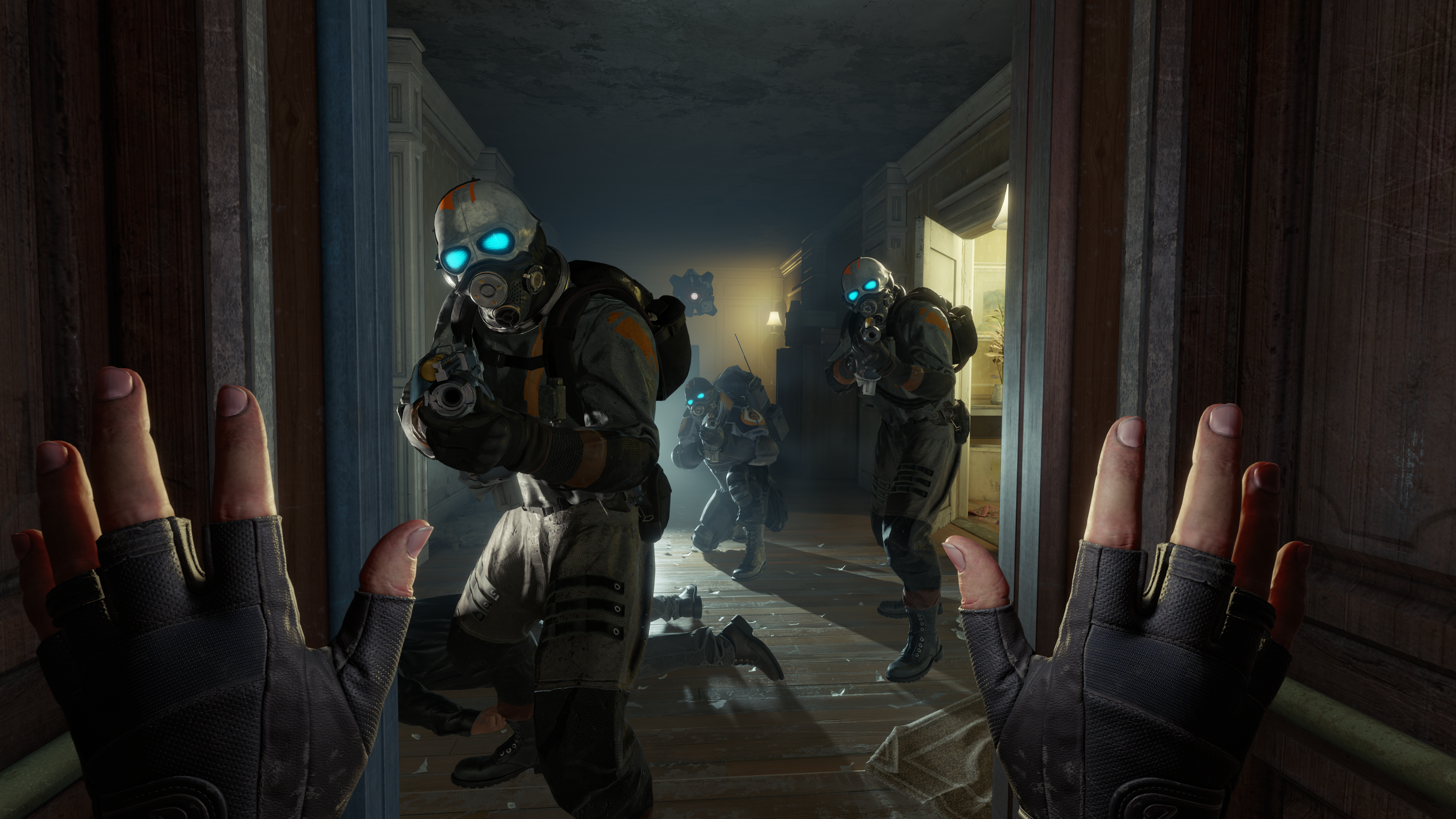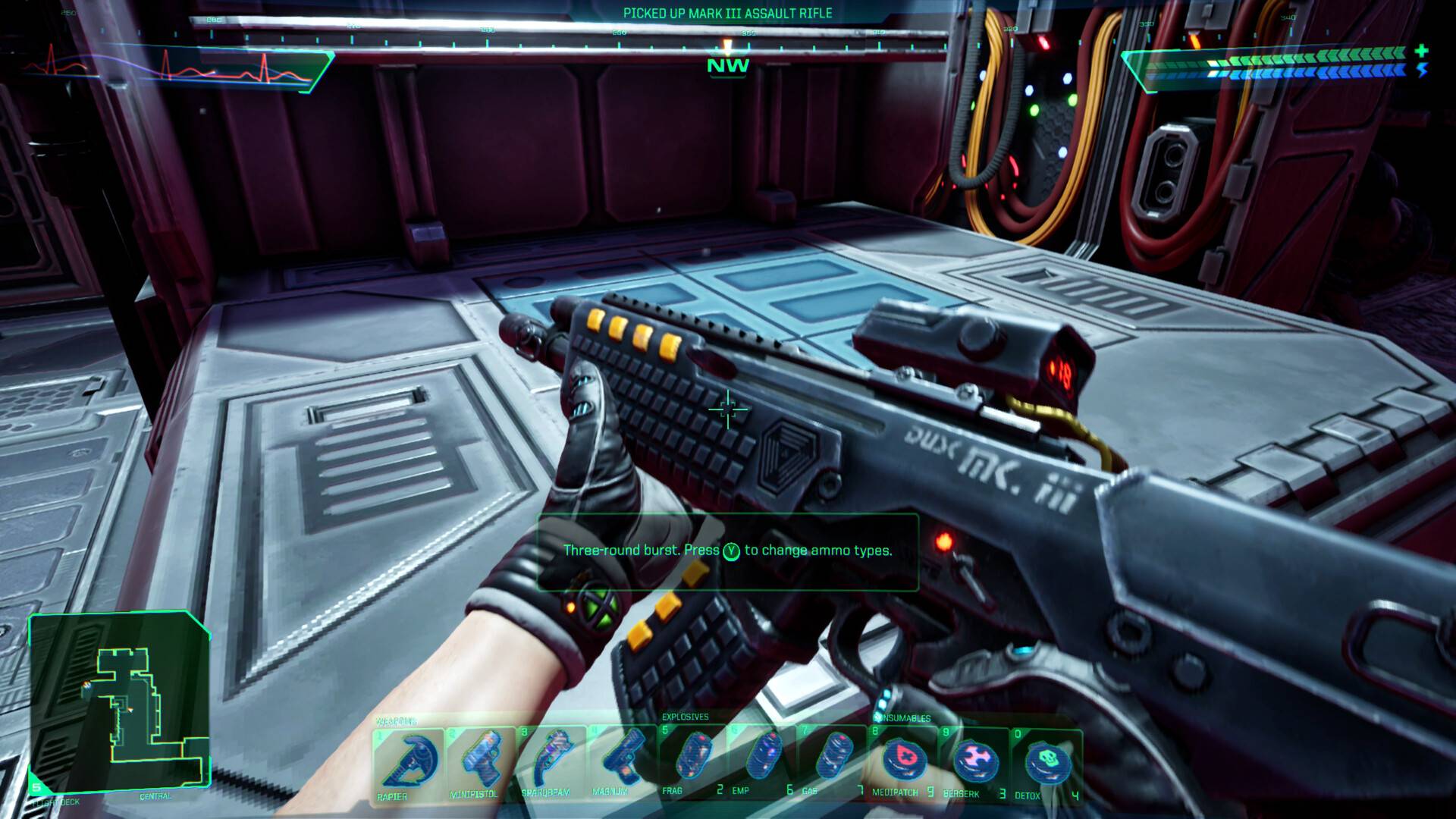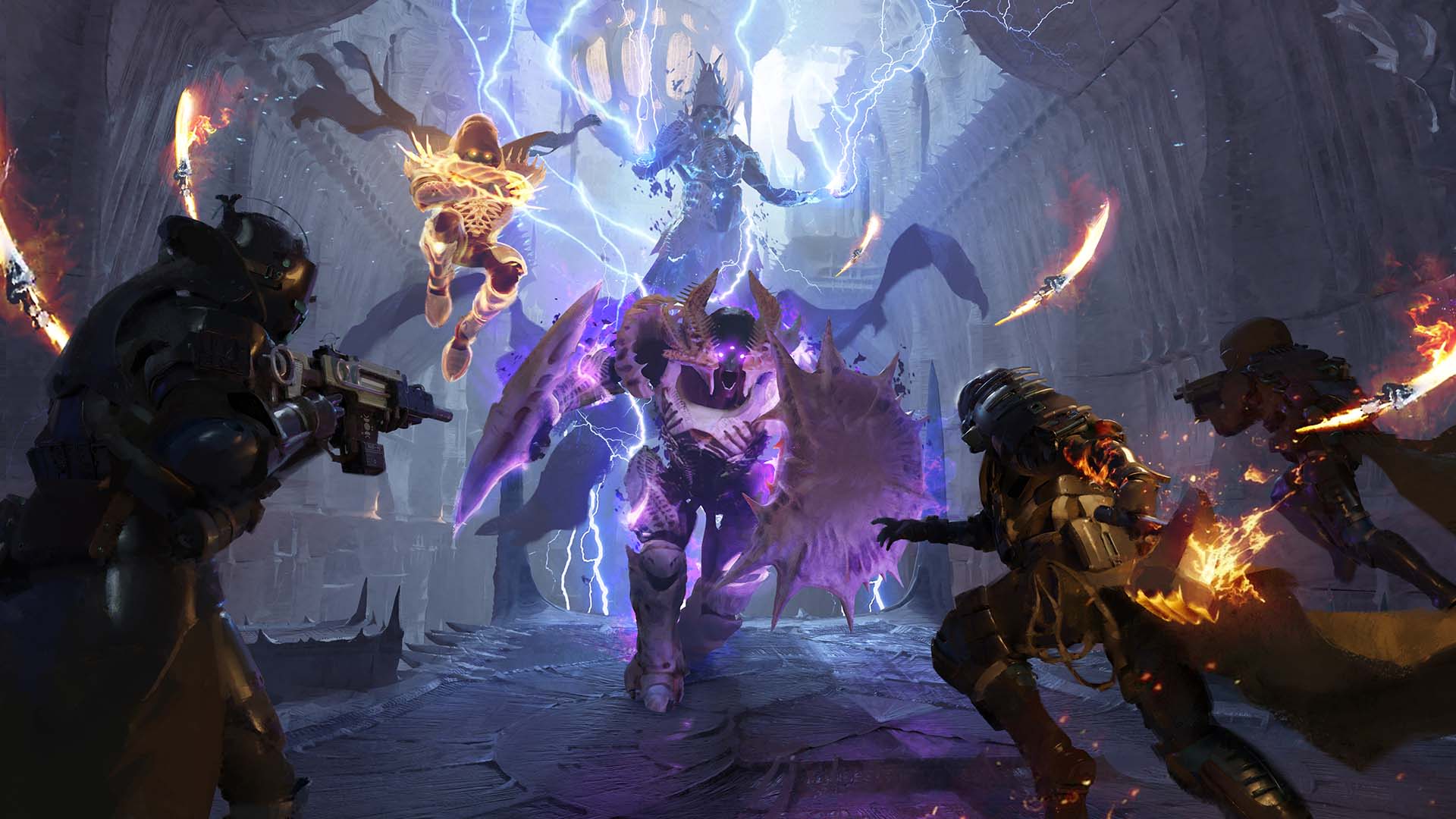Building the ultimate gaming PC involves carefully selecting high-quality components that work seamlessly together to deliver exceptional performance. Here’s a guide to the essential hardware components you’ll need:
1. **Processor (CPU):**
– Look for a high-performance CPU from Intel or AMD, such as the Intel Core i9 or AMD Ryzen 9 series.
– Consider factors like clock speed, core count, and cache size for optimal gaming performance.
2. **Graphics Card (GPU):**
– Invest in a powerful graphics card for smooth gaming, such as the NVIDIA GeForce RTX 30 series or AMD Radeon RX 6000 series.
– Ensure the GPU supports the resolution and refresh rate of your gaming monitor.
3. **Motherboard:**
– Choose a motherboard that supports your chosen CPU and has features like PCIe 4.0 for future-proofing.
– Consider additional features such as Wi-Fi, Bluetooth, and USB-C ports based on your preferences.
4. **Memory (RAM):**
– Opt for at least 16GB of high-speed DDR4 RAM (3200MHz or higher) for gaming. For more demanding tasks, 32GB or more may be beneficial.
5. **Storage:**
– Use a fast SSD (Solid State Drive) as your primary storage for the operating system and frequently played games.
– Consider adding a larger HDD (Hard Disk Drive) for additional storage capacity.
6. **Power Supply (PSU):**
– Choose a reliable and high-wattage power supply from a reputable brand, ensuring it can handle the power requirements of your components.
– Modular PSUs allow for better cable management.
7. **Cooling:**
– Invest in a high-quality CPU cooler, especially if you plan on overclocking. Options include air coolers and liquid cooling solutions.
– Ensure proper case airflow with additional case fans for optimal cooling.
8. **Case:**
– Select a case that accommodates your components and offers good cable management options.
– Choose a case with proper airflow and consider aesthetics based on personal preferences.
9. **Monitor:**
– Pick a gaming monitor with a high refresh rate (144Hz or higher) and low response time for smooth gameplay.
– Consider features like G-Sync or FreeSync for eliminating screen tearing.
10. **Input Devices:**
– Invest in a high-quality gaming keyboard and mouse for precise control.
– Consider additional peripherals like a gaming headset for an immersive experience.
11. **Networking:**
– If possible, use a wired Ethernet connection for low-latency gaming.
– Alternatively, choose a motherboard with Wi-Fi 6 support for wireless connectivity.
12. **Operating System:**
– Install a reliable operating system like Windows 10 for compatibility with most games.
Remember to check for compatibility between components and ensure that your power supply provides enough power for your system. Additionally, stay updated on the latest hardware releases and reviews to make informed decisions based on your specific gaming needs.




